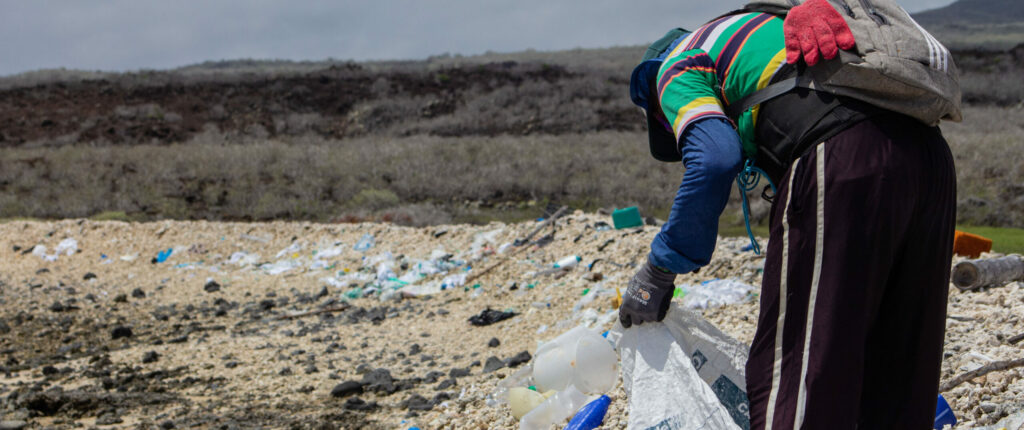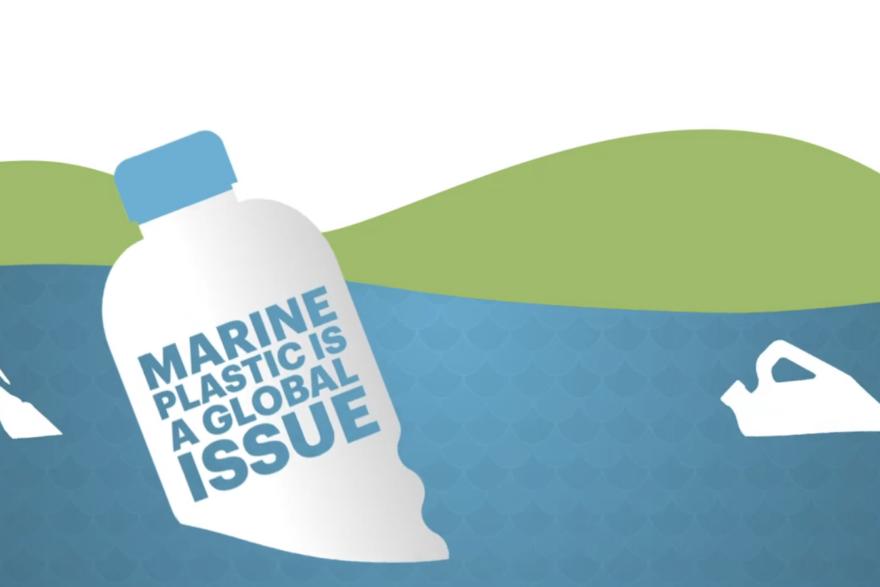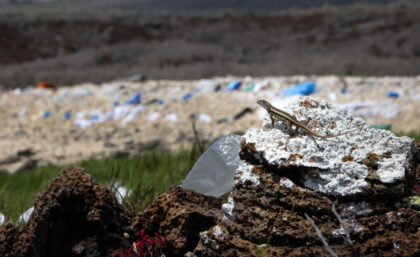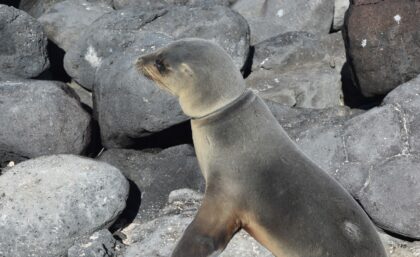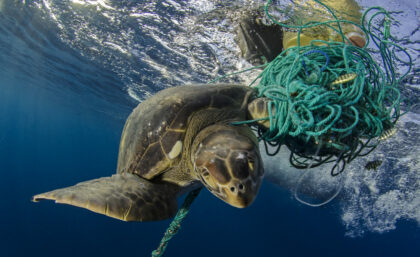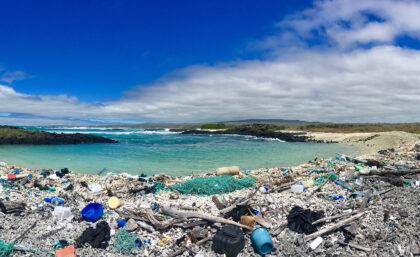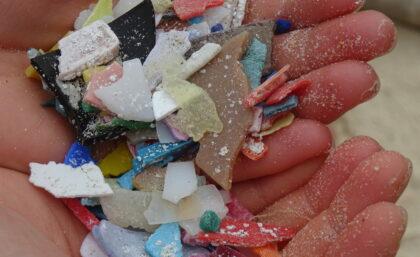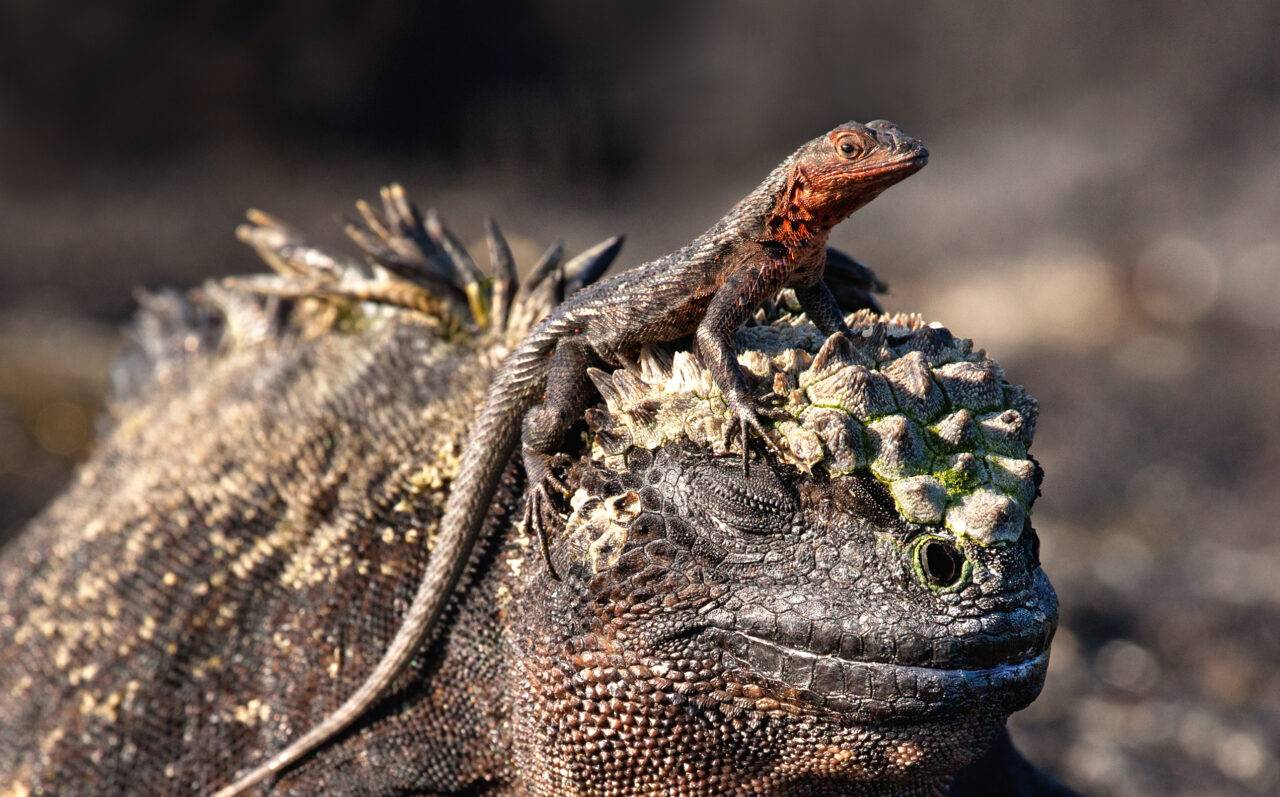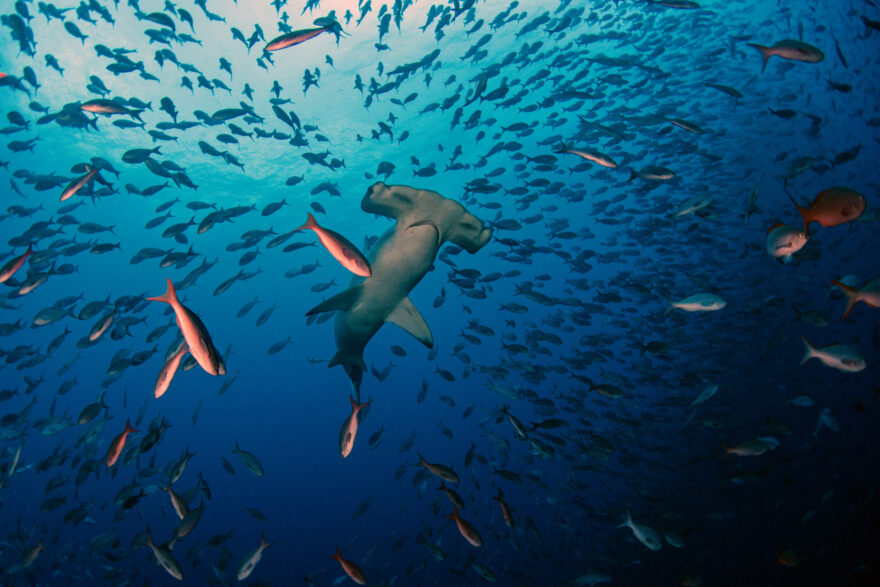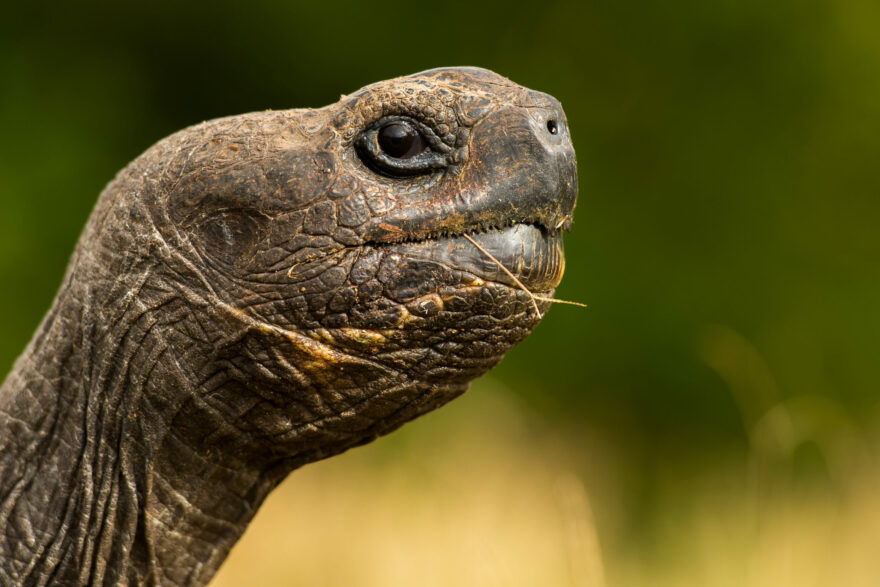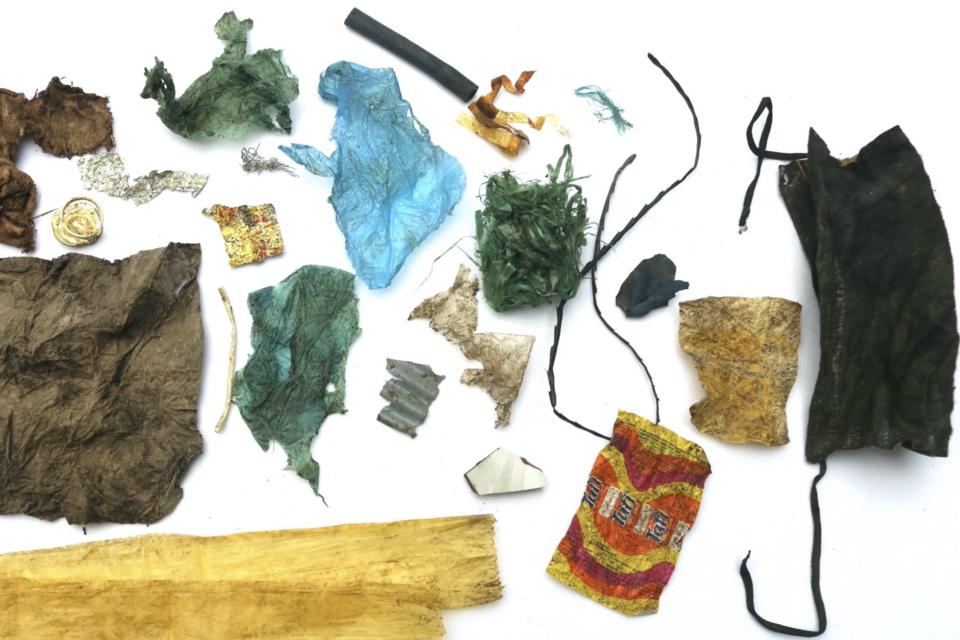
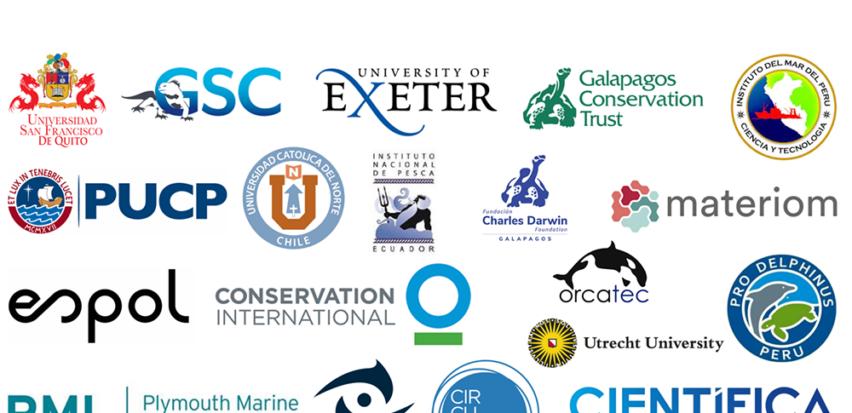
Overview
We have been working closely with the Galapagos National Park and other partners to understand the best approach to tackling the issue of plastic pollution in the Archipelago since 2017. The result is the Plastic Pollution Free Galapagos programme, a multi-million pound, multi-year project, which feeds into broader work looking to tackle pollution across the Eastern Pacific region through the Pacific Plastics: Science to Solutions Network.
Lead Project Partners


Plastic pollution in numbers
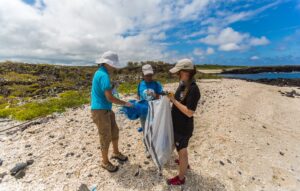
> 8 t
Over 8 tonnes of plastic is removed from Galapagos beaches every year
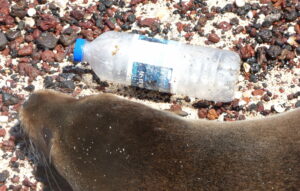
69 %
of plastics found on Galapagos coastlines are single-use items
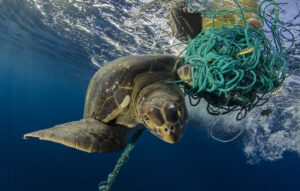
38
Galapagos species recorded as entangled by or having ingested plastic
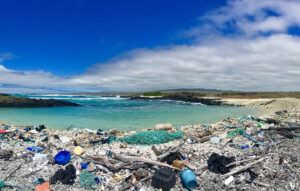
45 %
of plastic used on Pacific coast of Latin America inadequately managed
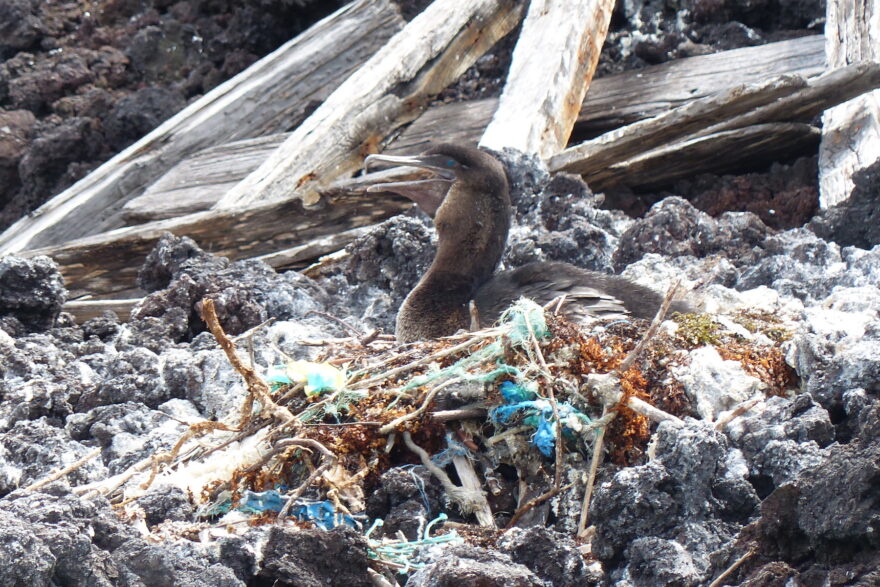
The problem
Plastic pollution is a global scourge, posing a devastating and direct threat to habitats and species around the world and exacerbating other threats such as climate change and unsustainable fisheries. It is estimated that 45% of all plastic used along the Pacific coastline of South and Central America is inadequately managed, leaking 1 million tonnes of plastic each year. This is predicted to double by 2025 if no action is taken.
While the Galapagos Archipelago remains one of the most pristine ecosystems in the world, sadly it is not immune to the devastating effects of plastic pollution. More than eight tonnes of plastic are removed by the local community from Galapagos beaches every year, and this is just the tip of the iceberg. At least 38 different species have been found to be entangled in plastic, living in affected habitats or having ingested plastic after mistaking it for food.
The problem of plastic pollution doesn’t end with the harm it inflicts on precious endemic species. Plastic is also a climate, health and social justice issue. Most plastic is made from fossil fuels, releasing pollution and climate-altering substances into the environment throughout its lifecycle. Once plastic is in the natural environment, it enters food webs, disrupts socioeconomic activities and accumulates in isolated habitats often far removed from the source of the problem.
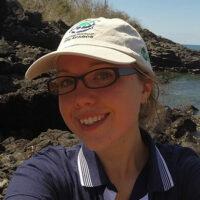
We hope our approach – identifying the issues and possible solutions with local involvement at every stage – can provide a 'toolkit' that could be used to tackle plastic pollution elsewhere in the world.
How we’re tackling it
Within this flagship programme, GCT brings together an alliance of NGOs, local community groups and international scientists from the fields of oceanography, marine biology, ecotoxicology, environmental psychology and even archaeology, to combine ground-breaking scientific research with coordinated education and outreach to make Galapagos plastic pollution free once again. We are building a large body of evidence on the sources and impacts of plastic pollution in Galapagos, which inform innovative solutions co-designed with local communities.
To keep Galapagos plastic pollution free, we have teamed up with over 30 organisations around the world to find solutions that reduce pollution across the whole South-Eastern Pacific region.
Photo gallery
Click on an image to view larger
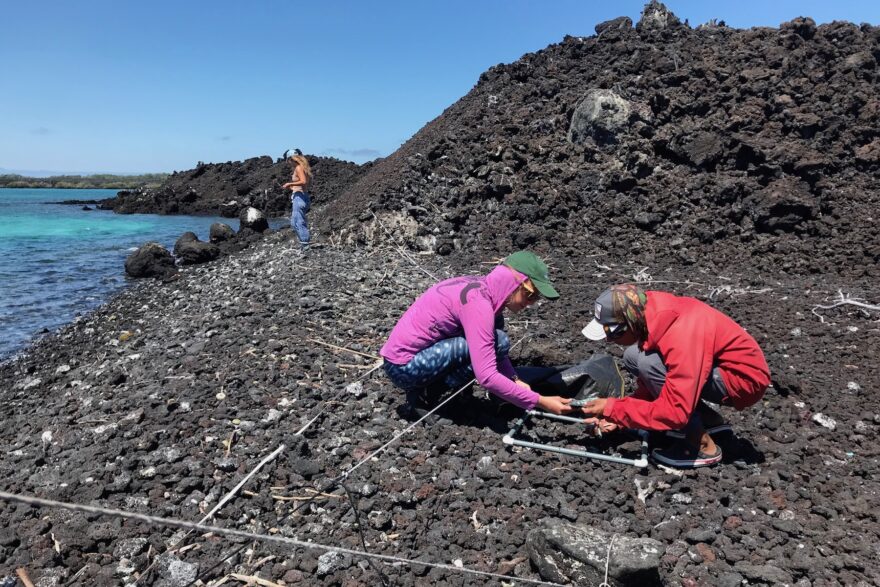
Project goals
The project is split into three streams: physical, biological and human.
- The Physical System team set out to answer questions such as where does the rubbish come from, how does it get there and what happens to it?
- The Biological System team are answering questions such as: which Galapagos species are most at risk from marine plastic, how does it move through the ecosystem and how do we lower the risk it poses?
- The Human System studies set out to understand what the level of understanding of the issue was in Galapagos, what the main barriers are to using alternatives, how effective policy changes are and what the most effective form of education and awareness campaigns are.
Interventions at a regional scale are planned with the communities and industries identified as being the primary polluters. The aim is to prove in Galapagos methods that can be applied to coastal national parks around the world suffering from plastic pollution problems.
Project updates

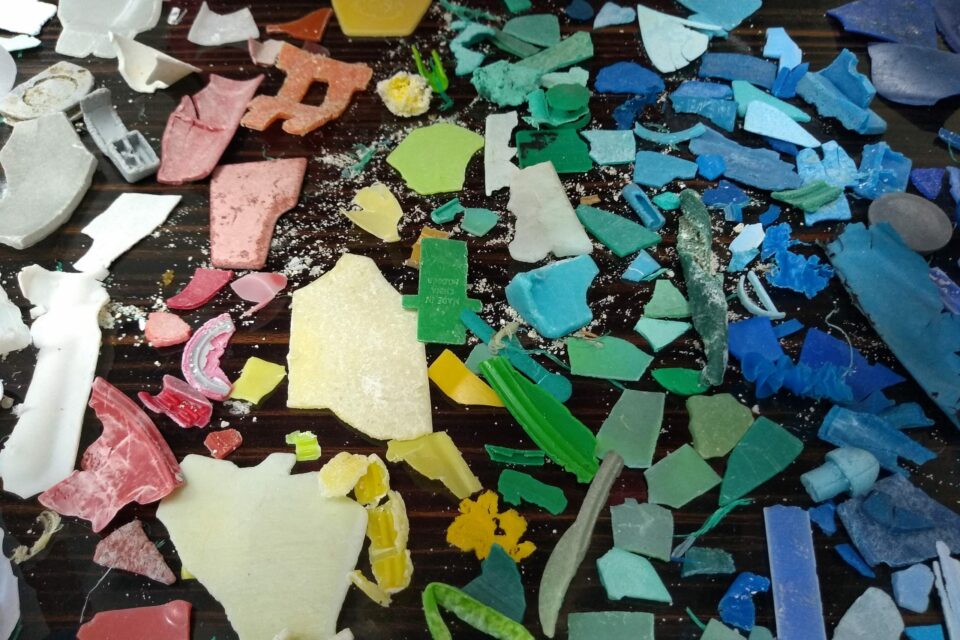
Climate change and plastic pollution: the inextricable link
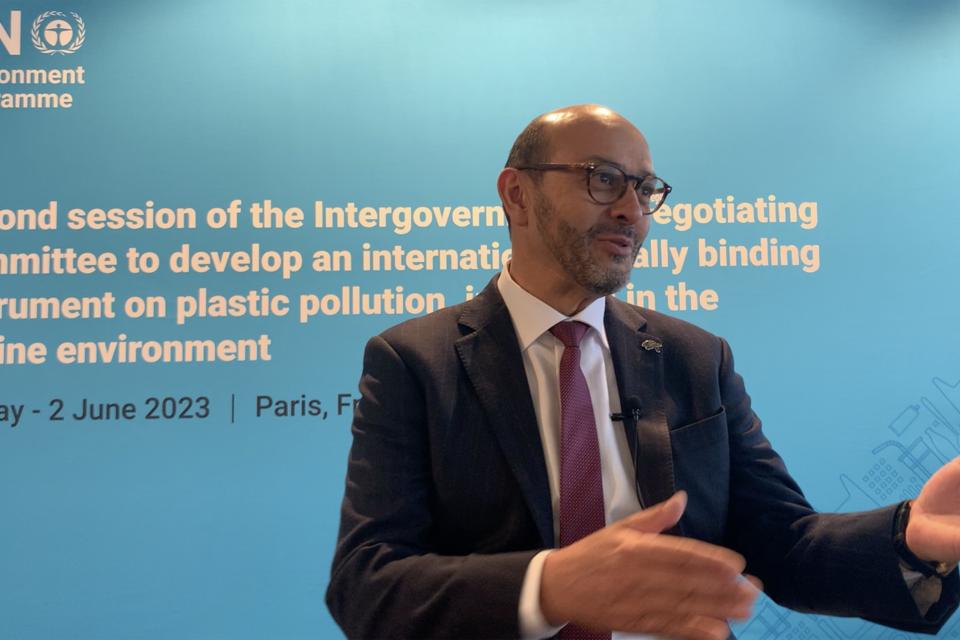
Global Plastics Treaty: An interview with Luis Vayas Valdivieso
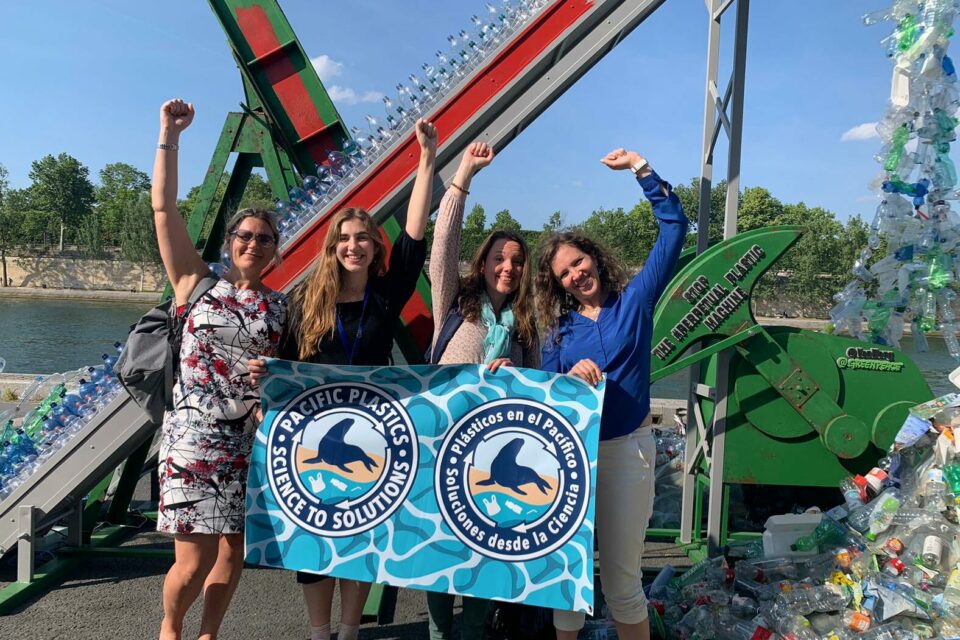
GCT at the Global Plastics Treaty negotiations
Help us keep plastic pollution out of Galapagos
Please help to make Galapagos plastic pollution free by donating today or by purchasing one of our circular economy T-shirts.
